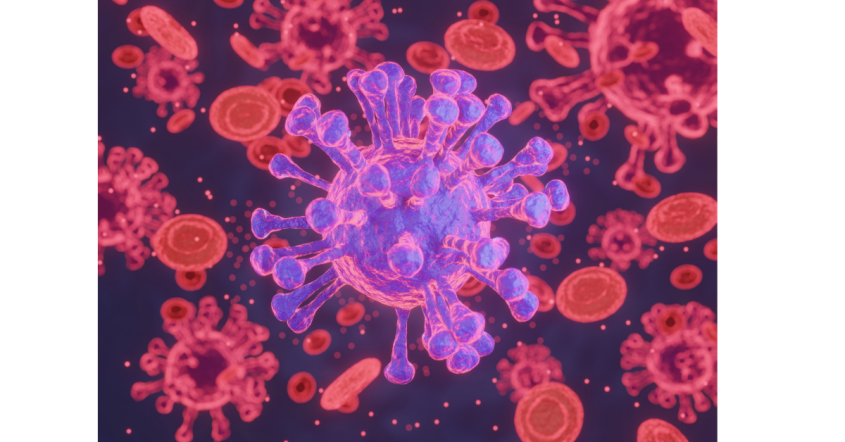
The Paper of the Month for May is from Proceedings of The Nutrition Society and is entitled 'Impact of obesity and diet on brain structure and function: a gut–brain–body crosstalk' by Evelyn Medawar and A. Veronica Witte.
With the ongoing global epidemic of obesity and increasing prevalence of dementia, evaluating the impact of over-eating and different diets on brain structure and function becomes increasingly important. Recent studies suggest that the gut microbiota and metabolic changes can impact with cognitive health. In this paper of the month, we were interested in the impact of obesity and diet on the gut-brain axis. For that, we reviewed different study results from cohorts such as LIFE-Adult, a populated-based study including participants’ information on lifestyle habits and weight status (lean, overweight, or obese), as well as high-resolution brain scans. We also evaluated and discussed intervention studies to modify the bi-directional gut-brain axis cross-talk, relevant to obesity and brain ageing.
Numerous studies have revealed the negative effects of overnutrition, weight gain, and visceral fat on brain structure and the gut microbiota. These factors can also contribute to the deterioration of metabolic and vascular health, accompanied by increased inflammation. Obesity and poor dietary health lead to diminished brain volume and damaged white matter. With novel AI methods, utilizing magnetic resonance imaging (MRI), we could demonstrate that obesity influences brain age, associated with cognitive decline and cardiovascular risk factors. However, the detrimental effects of obesity and overnutrition on deep brain areas, such as the hypothalamus, remain understudied in humans. Imaging markers of microstructure and inflammation in the hypothalamus correlated with higher body-mass index and high-fat diets. The impact of healthy diets in reversing these changes remains uncertain.
First studies indicate that weight loss and factors related to plant-based diets might lead to beneficial microbiota and better metabolic and brain health. Those gut-brain associations were related to changes in memory and executive function performance, rising implications for novel prevention and treatment strategies. However, dietary adherence and lifestyle interventions are often difficult to blind and monitor, thereby complicating the study design.
Considering weight loss, bariatric surgery is among the most successful obesity treatments. Some, but not all studies observe that surgery-related weight loss resulted in beneficial effects for brain structure and functional connections. Notably, weight loss surgery can in some individuals also lead to regain of weight and worsen depressive symptomatic. Moderate fasting or supplementary intake of certain nutrients such as polyphenols are considered a beneficial tool for improving both, metabolic health and the nutritional intake, which could benefit on the long-run brain structure and cognitive health in ageing. Again, the evidence from large-scale clinical trials is scarce, underlining the need for future research.
In this paper, we appeal to researchers of future obesity and dietary studies to allow standardisations across studies by using quantitative food frequency questionnaires as well as computer-assisted tests. Improved techniques and advances in neuroimaging analysis may help to detect the early signs of brain ageing more precisely. Furthermore, we point out the advantages of participating in open science practices by pre-registering study results and making data and analysis pipelines publicly available. This will help the transparency and reliability of human gut-brain axis research results.
Daria E A Jensen, Evelyn Medawar and A Veronica Witte.
